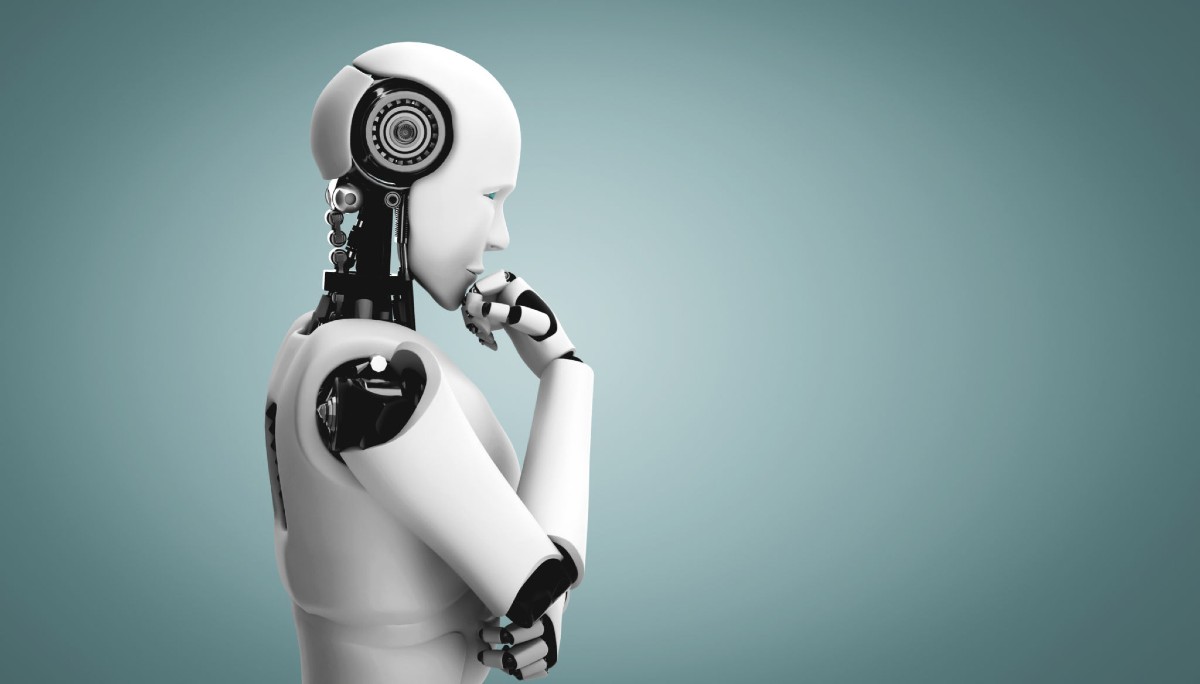
A cyborg future may come earlier than we think
Along with serious ethical issues
Surpassing the biological limitations of the brain and using the mind to control electronic devices may sound like the distant cyborg future, but it could come sooner than we think.
Researchers from Imperial College London have reviewed commercial brain-computer interface (BCI) devices in the journal APL Bioengineering. The most promising is electroencephalography (EEG), a method for monitoring the brain noninvasively through its electrical activity.
However, EEG-based BCIs, or eBCIs, raise social, ethical, and legal concerns.
Though it is difficult to understand exactly what a user experiences when operating an external device with an eBCI, a few things are certain. For one, eBCIs can communicate both ways. They allow a person to control electronics, which is particularly useful for medical patients who need help controlling wheelchairs, but it may also change the way the brain functions.
“For some of these patients, these devices become such an integrated part of themselves that they refuse to have them removed at the end of the clinical trial,” said Rylie Green, one of the authors. “It has become increasingly evident that neurotechnologies have the potential to profoundly shape our own human experience and sense of self.”
Intellectual property concerns are also an issue. What if companies own the neural data?
“This is particularly worrisome, since neural data is often considered to be the most intimate and private information that could be associated with any given user,” said Roberto Portillo-Lara, another author. “This is mainly because, apart from its diagnostic value, EEG data could be used to infer emotional and cognitive states, which would provide unparalleled insight into user intentions, preferences, and emotions.”
The potential is not just medical. The eBCIs might be used for cognitive enhancement, causing imbalances in academic or professional success and educational advancement. Disparities in access could also exacerbate existing social inequalities.
“This bleak panorama brings forth an interesting dilemma about the role of policymakers in BCI commercialization,” Green said. “Should regulatory bodies intervene to prevent misuse and unequal access to neurotech? Should society follow instead the path taken by previous innovations, such as the internet or the smartphone, which originally targeted niche markets but are now commercialized on a global scale?”
Michael Cook is editor of BioEdge
Creative commons
https://www.bioedge.org/images/2008images/Robot-Finger-Robo-Advisor.jpeg
cyborgs
